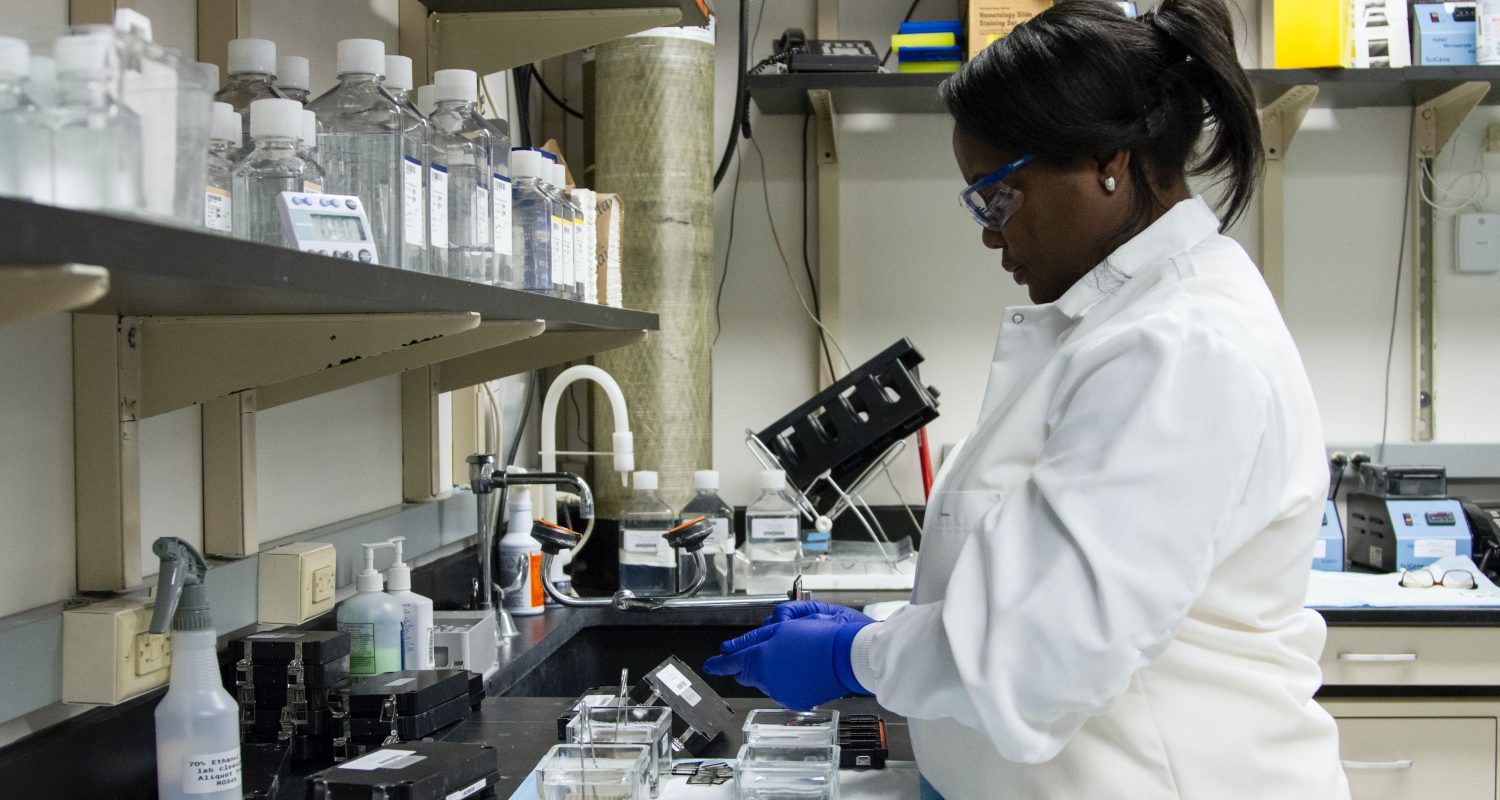Top 10 universities in 2023 to study a Ph.D. in clinical research

What is a Ph.D. in clinical research?
A Ph.D. in clinical research is a doctoral degree program that focuses on the design, conduct, and analysis of clinical trials and other forms of human studies. These programs typically include coursework in statistical methods, epidemiology, ethics, and regulatory compliance, as well as research training and a dissertation requirement. Graduates of Ph.D. programs in clinical research are prepared to work in academia, industry, or government, conducting research on the safety and effectiveness of drugs, medical devices, and other treatments. They may also work on developing new research methods or analyzing data from clinical trials.
What does a Ph.D. in clinical research focus on?
A Ph.D. in clinical research typically focuses on preparing students to design, conduct, and analyze clinical trials and other forms of human studies. This includes topics such as:
- Statistical methods for the analysis of data from clinical trials and observational studies.
- Epidemiology, which deals with the distribution and determinants of health-related states or events in specified populations.
- Research ethics, including the ethical principles and guidelines that govern clinical research.
- Regulatory compliance, including the laws and regulations that govern clinical research and the protection of human subjects.
- Research design, including the principles of good study design and the various types of study designs that are used in clinical research.
- Data management, including the collection, storage, and analysis of data from clinical trials and observational studies.
- Biostatistics, including the statistical methods used to analyze data from clinical trials and observational studies.
Graduates of Ph.D. programs in clinical research are prepared to conduct independent research in academia, industry, or government, and to contribute to the development of new treatments and interventions for human diseases.
What are the entry requirements for a Ph.D. in clinical research?
The requirements for a Ph.D. in clinical research can vary depending on the specific program, but generally include the following:
- A bachelor’s or master’s degree in a related field, such as biology, public health, statistics, or psychology.
- A strong background in the natural sciences and mathematics.
- A competitive score on the Graduate Record Exam (GRE) or other standardized tests.
- A statement of purpose outlining your research interests and career goals.
- Letters of recommendation from professors or other academic or professional references.
- A writing sample, such as a research paper or thesis.
Make sure to check on the university’s website and email them if you aren’t sure of the requirements.
What is the typical duration of a Ph.D. in clinical research?
The typical duration of a Ph.D. in clinical research can vary depending on the specific program and the student’s level of prior education and research experience. On average, a Ph.D. program in clinical research typically takes about 4-5 years to complete, although it can take longer for some students.
The first year of the program is usually devoted to coursework, which includes classes in statistics, epidemiology, research design, and ethics. After completing the coursework, students move on to the research phase of the program. This typically involves conducting original research under the guidance of a mentor or thesis advisor, and it can take anywhere from 2 to 4 years to complete the research and write the dissertation. The final step is the defense of the dissertation, which is typically an oral exam that takes place in front of a committee of faculty members.
What are the annual tuition fees for PhDs in clinical research?
The annual tuition fees for Ph.D. programs in clinical research can vary widely depending on factors such as the institution, location, and the student’s level of prior education.
In the United States, tuition fees for Ph.D. programs in clinical research can range from $20,000 to $50,000 or more per year for in-state students and $30,000 to $60,000 or more per year for out-of-state students. Some private universities may charge even higher tuition fees.
In other countries, annual tuition fees can also vary widely. For example, in Canada, annual tuition fees for Ph.D. programs in clinical research can range from $5,000 to $20,000 per year. In the United Kingdom, annual tuition fees can range from £4,000 to £20,000 per year.
It’s important to note that these are approximate figures and they might vary based on the specific program and the institution you choose. It’s always best to check with the specific university or program for their current tuition fees, and additional costs such as accommodation, books, and living expenses, that may incur during the program.
Why is it a good idea to pursue a Ph.D. in clinical research
Pursuing a Ph.D. in clinical research can be a valuable investment in your career, as it can open up a wide range of opportunities in academia, industry, and government. Here are some reasons why it may be a good idea to pursue a Ph.D. in clinical research:
- Career Advancement: A Ph.D. in clinical research can lead to high-paying and high-level positions in academia, industry, or government. Graduates of Ph.D. programs in clinical research are well-prepared to design, conduct, and analyze clinical trials and other forms of human studies, which are essential to the development of new treatments and interventions for human diseases.
- Job Security: The field of clinical research is growing and is expected to continue to grow in the future as the need for new treatments and interventions for human diseases increases. A Ph.D. in clinical research can increase job security and career stability.
- Research opportunities: A Ph.D. in clinical research provides students with extensive research training, which can prepare students for a career in independent research. Graduates of Ph.D. programs in clinical research are well-prepared to make significant contributions to the field of clinical research.
- Personal Development: A Ph.D. program is a challenging and rigorous experience that can help students develop critical thinking, problem-solving, and communication skills. It also allows students to pursue their passion and interests in the field of clinical research.
- Advancement of Medical Science: A Ph.D. in clinical research allows one to contribute to the advancement of medical science and ultimately improve the quality of life for people suffering from diseases.
It’s worth noting that pursuing a Ph.D. is not for everyone, and it’s a big commitment of time and resources. It’s best to carefully consider your career goals and research interests before deciding to pursue a Ph.D. in clinical research.
What are the best universities for pursuing a Ph.D. in clinical research?
Some universities that have reputable and well-established Ph.D. programs in clinical research include:
- Harvard University, USA
- University of Oxford, UK
- University of Cambridge, UK
- Stanford University, USA
- University of California, San Francisco, USA
- Johns Hopkins University, USA
- Imperial College London, UK
- University of Toronto, Canada
- University of Michigan, USA
- Karolinska Insitutet, SE
It’s important to note that these are just a few examples and there are many other universities around the world that offer high-quality Ph.D. programs in clinical research. Some other factors you may want to consider when choosing a program: are the program focus, the research areas of the faculty, the availability of funding, the location and the program’s success rate.
Learn more about OA.mg and our mission.










